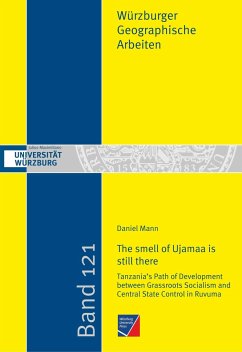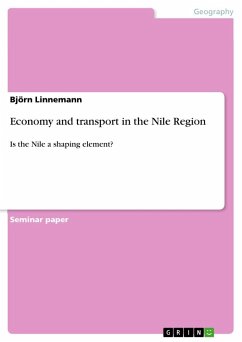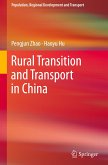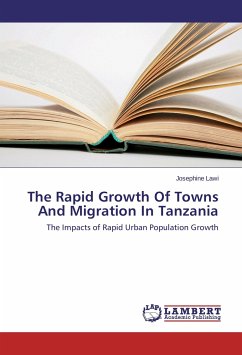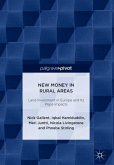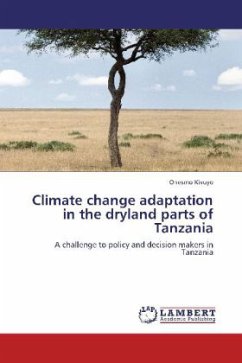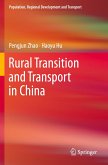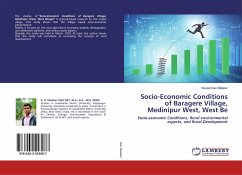Fifty years after the Arusha Declaration, this book sets out to reevaluate one of the most important roots of Tanzania's Ujamaa Socialism: The Ruvuma Development Association. Based on a basic-democratic movement of young politicized farmers, this organization not only brought together up to 18 cooperative villages in southwestern Tanzania, it also became the inspiration for President Nyerere to put his vision of a modern socialist society built on the image of the traditional extended family into a concrete development model on national scale. Led by a participative understanding of empirical research, this explorative study has analyzed the local history of Ujamaa in three case study villages within Ruvuma. Through employing a mix of expert and narrative interviews, as well as group interviews and villager questionnaires, the study sheds new light on the local perceptions of Ujamaa history and communal development, as well as on the interrelations between local and national scale on Tanzania's path of development. It identifies the recent farmers' groups (vikundi) as some of the most important heirs to the Nation's socialist ideology and concludes that in many aspects "the smell of Ujamaa is still there".

